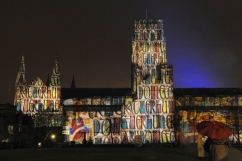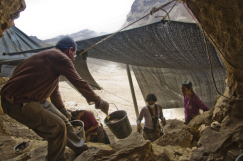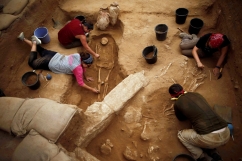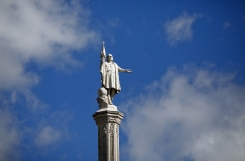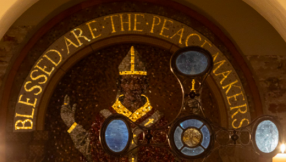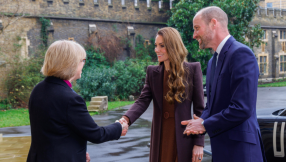The ruins of an Israeli synagogue allegedly confirms New Testament portrayals of Jesus' life as accurate.
The discovery at the Tel Rechesh site near Mount Tabor in lower Galilee was made in a temple dating back to the first century, shortly after Jesus was alive. The findings confirm that Jesus once preached at the synagogue, according to a senior researcher at the Kinneret Institute for Galilean Archaeology.
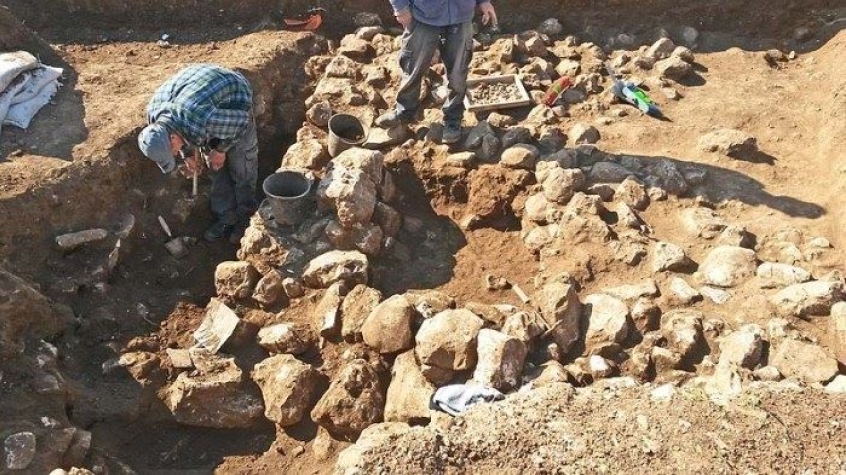
Motti Aviam told Ynet News: "This is the first synagogue discovered in the rural part of the Galilee and it confirms historical information we have about the New Testament, which says that Jesus preached at synagogues in Galilean villages."
He added the find was "very important for Christians" and hoped the remote site could become a tourist attraction for Jews and Christians alike.
The synagogue was discovered by an excavation team of archaeologists and suggest a synagogue laid out for reading and preaching, rather than for sacrifice and worship, making it the sort of place suited to Jesus' teaching ministry.
Simon Edwards from the Zacharias Trust said the find was "fascinating news" because it showed "how research can reinforce the Biblical narrative".
Edwards told Christian Today: "Archaeological finds, such as this latest discovery of remains of a first century synagogue in Galilee, point to the fact that not only is the Bible a good story, it's also a true story. One good reason for trusting the Bible is that it passes every test that historians can throw at an historical document; and correspondence with the archaeological evidence is one of those tests.
"If the Bible was simply a made-up story, then we would expect as we keep discovering more about the ancient world from archaeology, that eventually something is going to show the Bible to be wrong. But what we find is the exact opposite."
Edwards went on to quote a former professor of archaeology at Yale University, Millar Burrows, who said "archaeological work has unquestionably strengthened confidence in the reliability of the Scriptural record". Brown said a number of achaeologists found their respect for the Bible increased by excavating sites in Palestine.
Edwards continued: "In light of the historical evidence, the Bible cannot be lightly dismissed as just a collection of nice religious stories that have no contact with real life. As this latest discovery suggests, Christianity concerns real events in human history.
"Verified new finds should give readers of the Bible more confidence in the story of Jesus and help Christians as they share the gospel."










